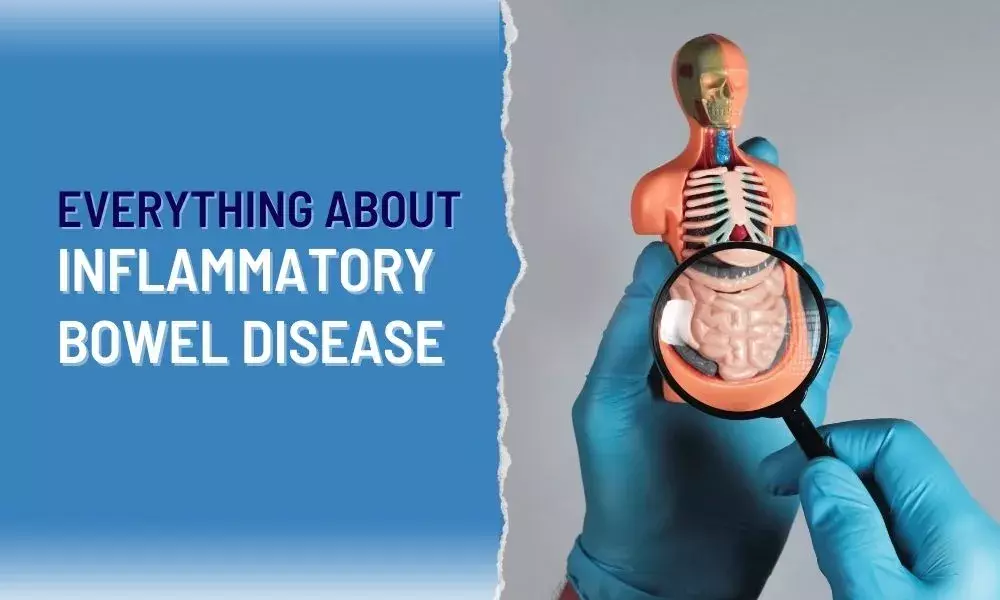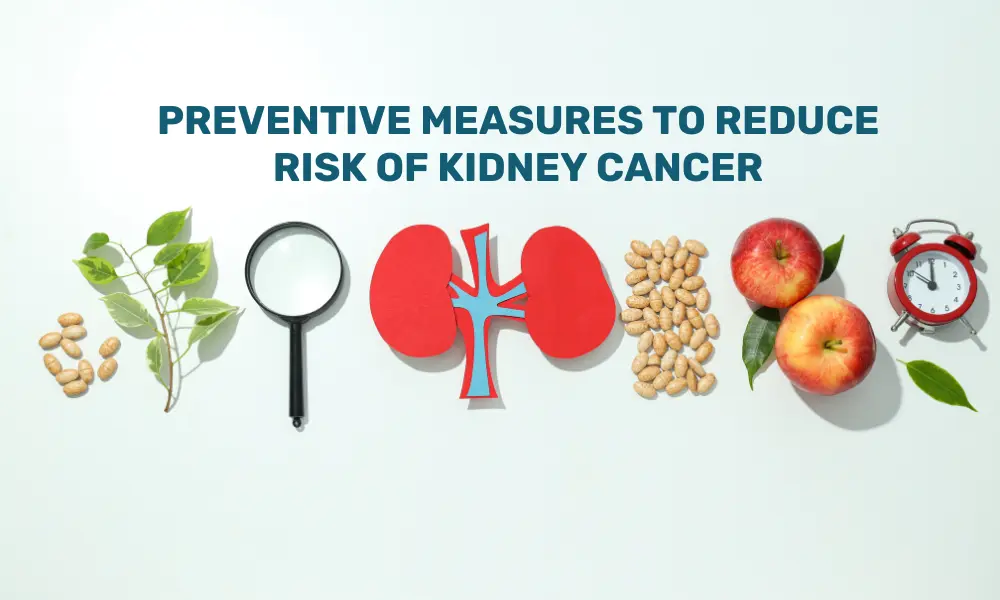Inflammatory Bowel Disease (IBD) is increasing gradually, 1.5 million people have been reported to be suffering from this disease in India as per latest news*.
Generally, people tend to confuse the bowel disease with other bowel related ailments like diarhea. This leads to delayed diagnosis and inappropriate treatment leading to complications.
Several studies suggest that the early diagnosis of IBD can help in reducing the long-term impact on overall health and prevent complication.
So, let us understand what is IBD, its symptoms, and how it can be diagnosed early for effective treatment.
What is Inflammatory Bowel Disease?
Inflammatory Bowel Disease (IBD) is an intestinal disorder causing chronic inflammation of the digestive tract. IBD may include disease like ulcerative colitis and crohn’s disease. In both the cases the digestive system is affected. This disease has no age bar and can affect people of any age. As per recent data, this disease is rapidly increasing in south east Asian countries. Hence it is no more a western country disease.
Types of IBD
Majorly there are two types of IBDs: Ulcerative Colitis (UC) and Crohn’s Disease (CD). UC involves inflammation, ulcers and sores along the lining of the large intestine and rectum. Crohn’s Disease can affect any part of gastrointestinal tract from mouth to anus, making it challenging to be diagnosed.
Common Symptoms of IBD
Usually, a combination of mentioned symptoms can be found in patients with IBD:
-
Persistent Diarrhoea
-
Fatigue
-
Abdominal pain
-
Weight loss
-
Rectal bleeding/ bloody stools
Diagnosis & Treatment
The diagnosis of IBD is not difficult; however, they get misdiagnosed as amoebiasis or piles. This delays the treatment and leads to complications. Doctor’s may use combination of stool and blood tests, colonoscopy and biopsies, and CT scans to diagnose IBD.
How is IBD treated?
Types of common medications to treat IBD:
-
5-aminosalicyclic acids.
-
Immunomodulators.
-
Corticosteroids.
-
Biologics.
Surgeries are also undertaken to treat IBD in some cases to remove damaged portions of the gastrointestinal tract.
IBD on the face of it may appear dangerous. However, regular check-up, correct and timely diagnosis can prevent complications.
*Data Source: https://shorturl.at/adghW





